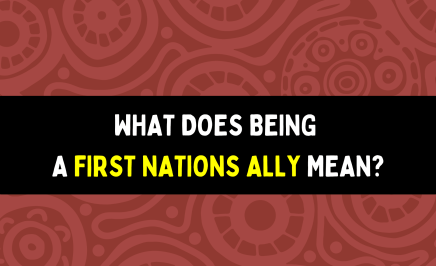Responding to the Norwegian Data Protection Commission’s decision to ban unlawful targeted advertising on Meta platforms, Sherilyn Naidoo, Amnesty International’s Policy Adviser on Technology and Human Rights, said:
“Norway’s decision to temporarily ban Meta’s online platforms, including Facebook and Instagram, from tracking users online to target them with advertising without their consent is a welcome development. Being able to access information on the internet is key to enjoying fundamental rights, yet it is vital that people’s right to privacy is respected while using social media platforms – this should not be a tradeoff.
“The surveillance-based business model of Meta harvests and monetizes our most intimate personal data, and that is inherently incompatible with the right to privacy. This business model also incentivizes maximizing engagement, which contributes to the spread of disinformation, hate speech, and discrimination in societies across the world.
“Data protection authorities across the EU and the wider world should follow suit in taking similar action in the short term, and in the long term should enact binding regulation to ban targeted advertising on the basis of invasive tracking practices.”
Background:
On 17 July, the Norwegian Data Protection Authority ordered Meta to stop showing personalized ads based on online activity and estimated locations to users of Meta’s online social media platforms in Norway.
On 4 July 2023, the Court of Justice of the European Union (CJEU) ruled that Meta was acting in violation of the General Data Protection Regulation (GDPR) because it had denied users free and informed consent in relation to its use of tracking and profiling for the purpose of targeted advertising.
On 22 May 2023, Meta was fined £1bn by Ireland’s Data Protection Commission (DPC), for breach of EU’s data protection regulation.
In 2020, Amnesty International documented how the surveillance-based business model of Meta and Google is inherently incompatible with the right to privacy and poses a risk to other rights.
In 2022, Amnesty documented how Meta’s profit-driven algorithms have boosted content that incites hatred and violence against marginalized communities, such as the Rohingya in Myanmar.





